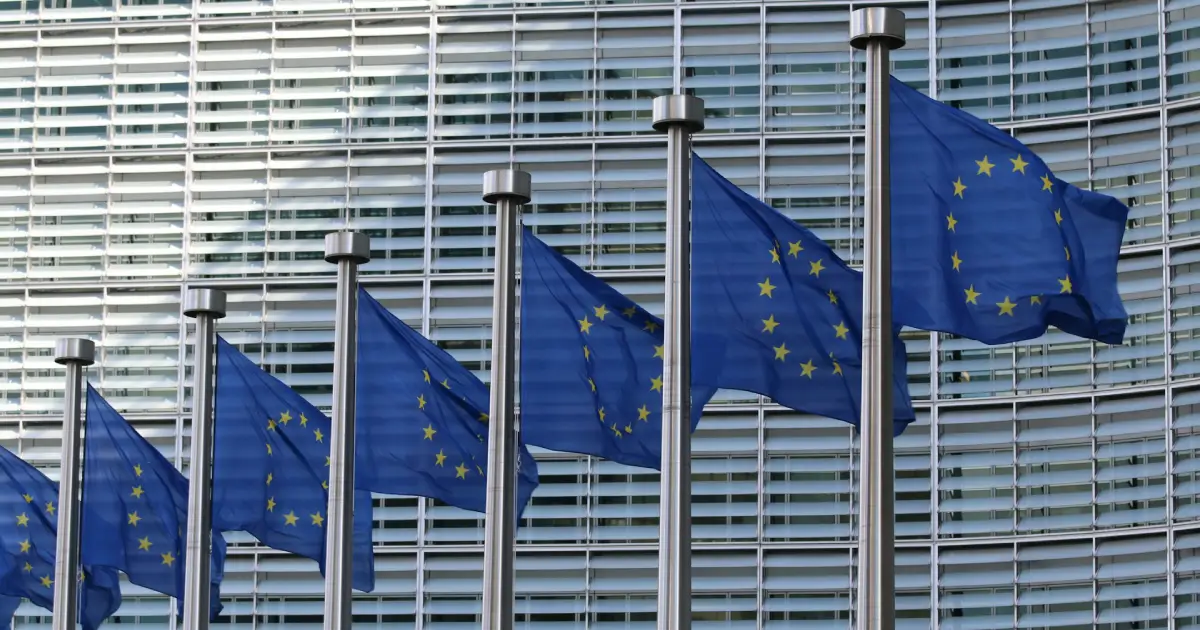Brussels under pressure from European lotteries
In the corridors of the European Commission, the major national lotteries, grouped under influential banners such as the European Lotteries Association (EL), are waging a strategic offensive to influence the sector’s regulatory future. Their objective? To preserve a model that feeds public coffers while distinguishing itself from private operators deemed to be out of control.
Industry heavyweights in the front line
Camelot in the UK, Française des Jeux in France and Lottomatica in Italy: these behemoths embody the power of the sector. Together, they generate billions of euros in annual revenue, some of which goes to fund schools, hospitals or cultural programmes.
In Brussels, the lotteries are not acting in a vacuum. Alliances play a key role. EL, for example, brings together more than 70 national operators and is stepping up joint campaigns, publishing reports, organising conferences and drafting position papers that are sent directly to European decision-makers.
But they are also innovating. Some recent campaigns directly involve partner NGOs or municipalities that benefit from lottery revenues. Showing that a euro wagered can be transformed into school grants or sports facilities is a powerful argument in the face of criticism.
These actions seek to demonstrate the social and economic value of lotteries, but also to counter what representatives describe as the threat of unauthorised operators. The message is clear: without a favourable framework, the legal market would be undermined, and with it the funding of many public projects.
Regulatory issues on the table
The European Commission is preparing new directives designed to harmonise the rules of the game within the Member States. Three issues dominate the debate:
- responsibility for player protection;
- harmonisation of gambling licences;
- taxation of gambling revenues.
While the official aim is to better protect consumers and ensure a fair market, the lotteries fear standardisation that would ignore their specific national characteristics.
The winds of protest are blowing
Consumer associations and anti-addiction groups are not remaining silent. According to a recent survey, nearly 65% of Europeans believe that gaming regulation should be tightened to better protect gamblers.
NGOs and groups such as Gamblers Anonymous denounce a system that targets the most vulnerable. Critics point out that low-income households spend proportionately more on lottery tickets than wealthier groups, exacerbating already deep-rooted social inequalities.
The history of the European lotteries in Brussels illustrates the delicate balance between economic interests, social responsibility and public regulation. On the one hand, they claim to play a role in funding social projects; on the other, they face criticism over their real impact on vulnerable groups.


